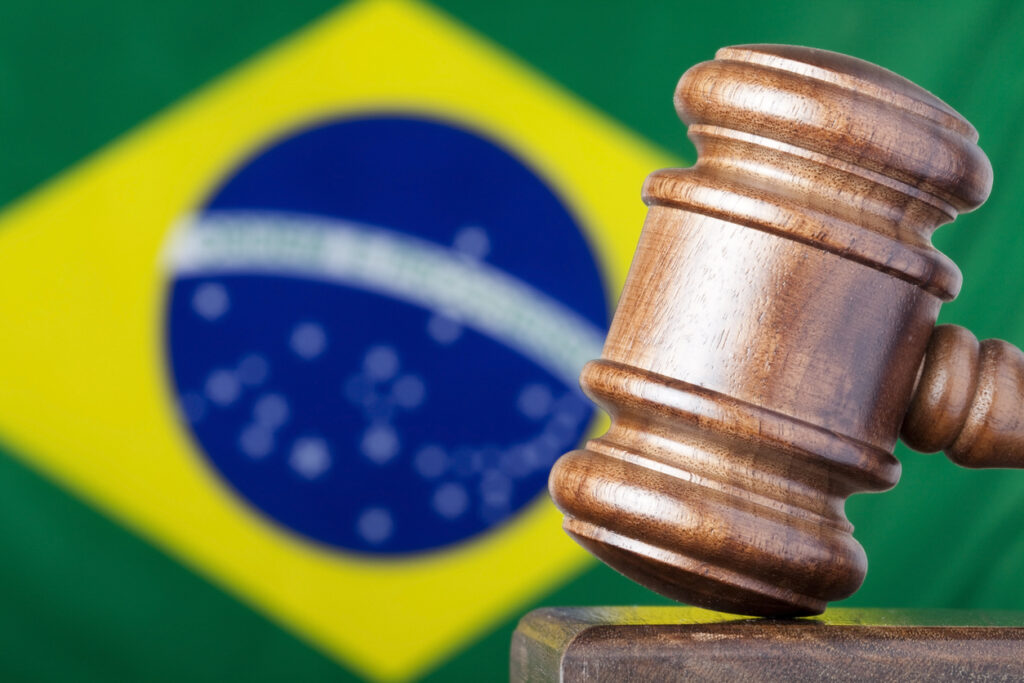Brazil’s anti-corruption framework is faltering. According to an October 2023 follow-up evaluation by the Organisation for Economic Co-operation and Development (OECD), the country’s current anti-corruption laws are failing to detect or prosecute foreign bribery offenses. To combat corruption, Brazilian prosecutors must report to other nations’ anti-corruption programs, typically those of the United States. For example, Brazil is home to two of the highest-sanctioned Foreign Corrupt Practices Act (FCPA) cases: Odebrecht and Petróleo Brasileiro S.A. (Petrobras).
Washington, D.C.-based whistleblower law firm Kohn, Kohn & Colapinto (KKC) commends these Brazilian prosecutors for leveraging the transnational nature of foreign bribery laws and cooperating with law enforcement agencies outside of Brazil. Yet, the firm echoes the OECD’s central finding: true reform in Brazil has stalled, leaving whistleblowers unprotected and corruption unchecked.
The OECD expressed concerns about an extensive pattern of domestic corruption, bribery, and money laundering, citing cases such as the Lava Jato operation, Odebrecht, and United States of America v. Freepoint Commodities LLC. Another case, referred to by the OECD as ‘Aircraft Manufacturer,’ remains ongoing a decade later with no action. KKC argues that Brazil cannot effectively combat corruption with such apathy.
Whistleblower’s Moment
Whistleblowers remain one of Brazil’s most underused sources of uncovering bribery and fraud. Without strong whistleblower protections, experts warn, the country risks repeating the same cycle of corruption.
“Brazilian whistleblowers must utilize the anonymous, confidential reporting mechanisms available under U.S. law,” said Stephen M. Kohn, a founding partner at KKC. “Just as the Brazilian prosecutors have used U.S. law to put teeth behind their investigations, the whistleblowers must do the same. They need to use the law to put real force behind their protections.”
A Call for Urgent Reform
KKC encourages Brazil to implement the OECD’s recommendations without further delay. The firm emphasizes that without legislative reform, transparent enforcement, and effective whistleblower protections, corruption will continue to thrive under Brazil’s sluggish legal system. While KKC commends the prosecutors who have successfully utilized transnational law to achieve multijurisdictional resolutions, it urges Brazil to establish an effective internal oversight structure of its own.
Despite being the 13th-largest economy in the world and a signatory to the United Nations Convention Against Corruption (UNCAC), Brazil’s enforcement of foreign bribery laws remains weak. Establishing stronger domestic and international whistleblower protections, mirroring those already in place through U.S. Cooperation, could finally bring long-overdue accountability to Brazil’s corruption cases.
